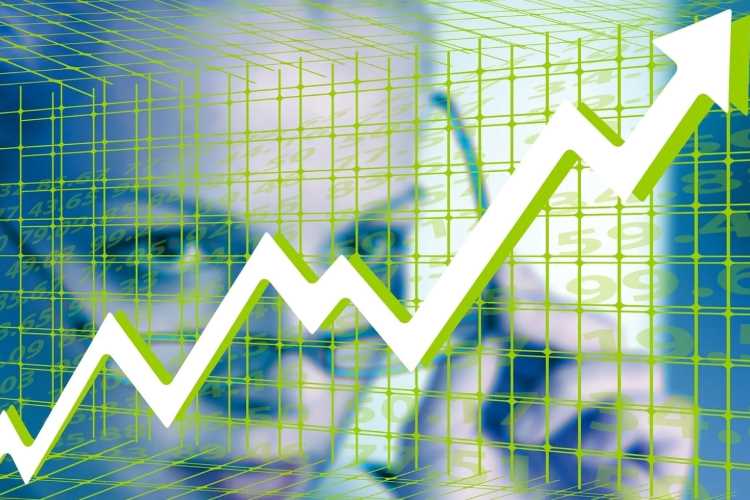Supply shock and inflation expectations: Repeated shocks due to the multiple waves of the Covid-19 pandemic is not offering any respite for the Indian economy to return to normalcy. As a result, market fragmentation takes place. There is obviously a demand-supply imbalance in many regions of the country. This inability to return to normalcy after a shock results in the building up of inflationary pressure. The shocks that have come in the recent times are consequences of the different variants of Covid-19 and the ongoing Russia-Ukraine War. The latter has led to a supply shock across the world and it has been felt in India as well.
India has taken several steps including targeted fiscal and monetary policy to tackle market fragmentation. The US continued with its liberal stimulus packages even after normalisation which added to the pressure. By end-December 2021, there were concerns about the US and there was a shift in India’s monetary policy stance towards accommodative from neutral. There was also a prediction that India would get imported inflation from the US. The recent Russia-Ukraine War has been the biggest shock, something completely unexpected. The resulting shock in oil prices has added to the imported inflation. India is the largest net oil exporter in the world.
READ I Runaway inflation may leave RBI with Hobson’s choice
Oil prices and inflation expectations
Inflation will come down when supply shocks subside. However, inflationary expectations will continue to rise. Increase in oil prices from $80 /bbl to $120/ bbl, the extreme case scenario, will see high inflation rate which will pass through for a whole year. We do not call that inflation; the inflation is over; it is just a pass through. It is not continuous. If it leads to inflationary expectations, then it will lead to higher inflation. The monetary policy tightening will have little or no direct effect on inflation. Therefore, monetary policy has to be directed at reducing inflationary expectations.
READ I Timely action on inflation needed to avert hard landing
Recommendations for the next MPC
- Re-emphasise the shift from Growth to inflation and shift the stance from accommodative to neutral.
- Target a real repo rate of -1% to 0% by December 2022 or March 2023 to control inflationary expectations. The old definition of a neutral repo rate of 0-2% is no longer valid as long as global supply shocks persist. Reduction of the real interest differential will also reduce capital outflow induced rupee depreciation and pass through of imported inflation.
- Carefully watch credit growth to non-corporate borrowers and their NPA, and ensure monetary-credit targeting.
Targeted fiscal policy should complement monetary policy.
- Revenue negative GST reforms including the elimination of cess on all goods and services except cars, cigarettes & beetle nut products. The sharp rise in GST collection provides an opportunity which may not arise again.
- A simplification, rationalisation and reduction of average import tariffs, to moderate imported inflation. A well-designed customs duty reform can accelerate the shift of global supply chains to India and thus reduce imported inflation, besides stimulating MSME growth and job creation.
- Conversion of more subsidies to DBT/DCT to further improve targeting.

